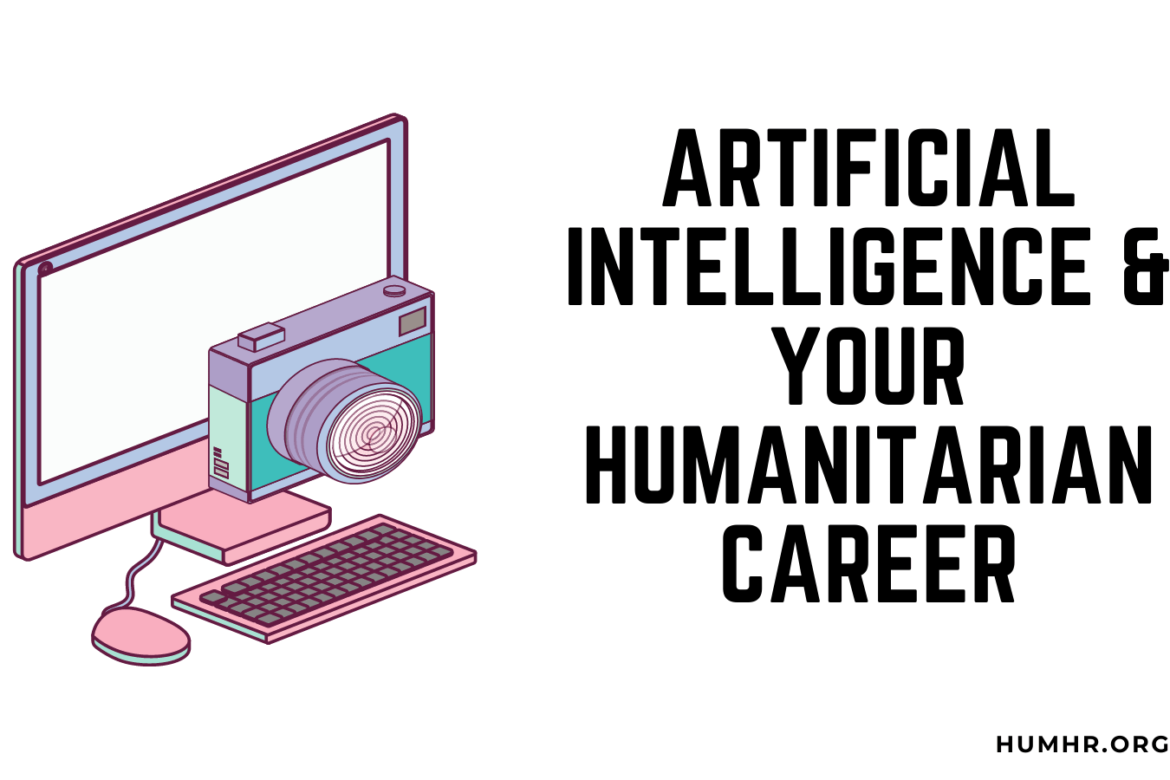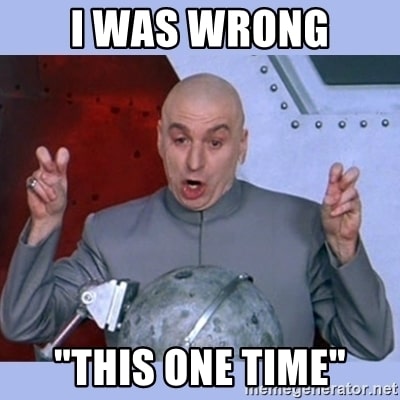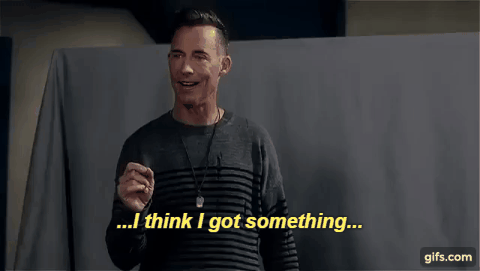In this blog, I will talk about how I found my career purpose and what led me to pursue and attain my career coach certification the Certified Professional Career Coach (CPCC).
As well as, how I worked with a coach to learn and strengthen my coaching skills, transforming my career into something I did not envision at the age of 23 when I embarked on my HR graduate trainee program.
What do you want to be when you grow up?
In junior school, I wanted to be a lawyer. In high school, I wanted to be an accountant. If you asked me in my 20’s “Where do you see yourself in 5/10 years’ time”- my response would have been as HR Lead / Director in the financial services sector. The common thread was that I saw myself rising up the corporate ladder to the executive level.
For a prolonged period, I was focused on climbing up that ladder, starting off my career with an HR graduate training program for a big conglomerate and then rising up the ladder in the HR management field for a financial institution.
Then life happened and it took me on a long, scenic sojourn punctuated with highs and lows.
The Journey of Self-discovery:
My journey physically took me to many different countries globally, having relocated from my home country many years ago. I count it a privilege to have had the opportunity to live and work in places in southern Africa, the United States and the Caribbean.
In 2010, I moved to Haiti where my husband had been deployed to assist with the Haiti earthquake response. That is the place where I truly found my passion. For the first time in my career, I was exposed to the humanitarian world initially as a volunteer, before becoming a member of the HR team with an international NGO.
I met and worked with truly amazing people – those who have the heart to serve the most vulnerable in this world and I got a chance to meet people who literally had lost everything:- I will never forget meeting a young man who lost his parents, home, all his worldly possessions but yet he still managed to smile and have a positive outlook on life.
My experience in Haiti had a profound effect on me. It put a lot of things in perspective and made me realise that while there may be degrees to suffering, the power of the human spirit is universal in everyone. I unearthed an innate desire and skill to help humanitarians with their career needs. I found myself giving advise on how to develop their careers and how to handle sensitive work situations.
As my reputation grew, I started getting numerous requests from friends and friends of friends. The myriad of requests included: –
- CV reviews
- answer questions related to their careers
- which jobs I thought they should apply for
- how to negotiate contracts,
- 2 offers – which one should they take?
- how to handle issues with their supervisors and subordinates;
- how to manage performance and how to deal with conflict in the workplace etc.
I became a sounding board for all career related issues to my friends and their networks. I didn’t even know that coaching was a thing at the time but that is what I was – “a career coach”.
Initially I did it in my free time but as the positive feedback grew on how my insights and advice led to desired and sometimes life changing outcomes, I decided to make a career out of it. Words cannot describe the immense satisfaction I feel when I contribute to people achieving their career goals. This has always been a passion of mine and that’s how HUMHR was born!
In hindsight, Haiti was a blessing in so many different ways, one of which was the conception and birth of HUMHR.
The Certified Professional Career Coach journey
In January this year, I decided to hone my coaching skills and enhance the techniques in order to better serve my clients and provide them with the support they need to be successful in their careers.
I needed to get a coach 😉 and a certification. After much research, I settled on the Certified Professional Career Coach program (CPCC), a certification of the Professional Association of Résumé Writers & Career Coaches (PARW/CC). Directed and coached by Diane Hudson, the investment was worth it. I completed the program in six months (the goal was three months but then once again life in COVID happened).
I completed a comprehensive training/coaching program that provided solid tools for career management and job search coaching in today’s employment market. I submitted a testing portfolio that included documented coaching hours.
The modules and video training were intense and provided me with tools and techniques that complimented my experience to date. I had to log some of my coaching sessions, and I found that the skills I was learning were adding immense value to my clients.
My top two takeaways from the coaching program:
- The structure provided helped me to develop my own systems and tools in my coaching programs.
- Incorporating Diane’s “whole person theory” and using the query process to bring revelations about values and motivation. I used the values exercise to determine my values and which areas in my life needed improvement. This helped me in setting my goals and putting in plan an action plan for my business and my individual development while focusing on my whole person as a totality.
The program helped me gain clarity on which direction I wanted to take my coaching programs and HUMHR as well as establishing my identity as a certified professional career coach drives passion and energy towards those goals.
The journey to self- discovery has been long, winding and continues but for now, I can say that I have found my purpose and that purpose is linked to your career success. I look forward to partnering with you to do good!
Take advantage of our current promotion! Get the newly revamped Platinum Package at the old price here.









